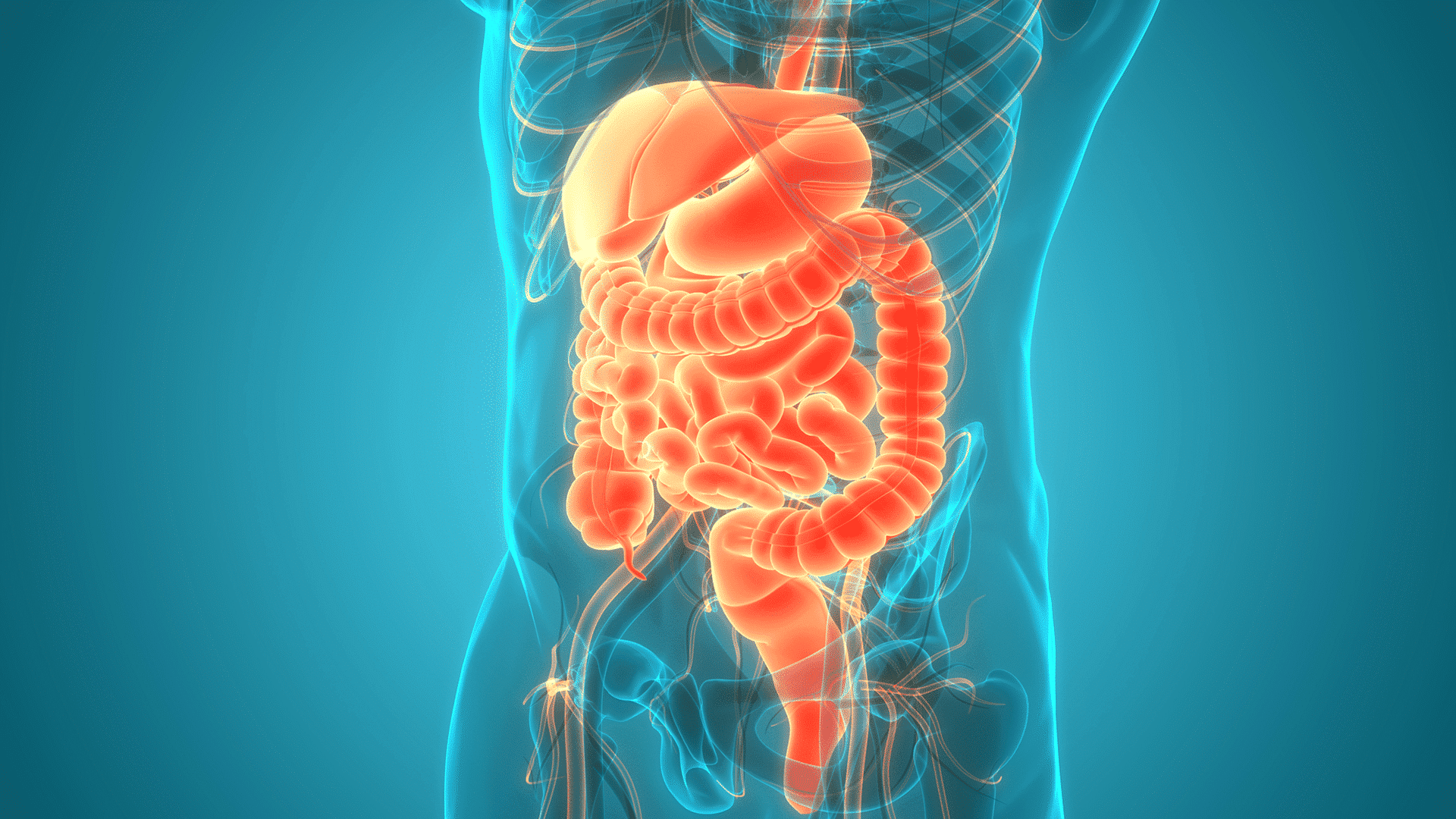What is Bowel Injury Repair / Resection?

Common Causes of Bowel Injury
- Blunt or penetrating abdominal trauma (e.g., car accidents, stab wounds)
- Surgical complications
- Inflammatory bowel diseases (Crohn’s disease, ulcerative colitis)
- Bowel cancer or tumors
- Intestinal obstructions or perforations
- Ischemia (loss of blood supply to the bowel)
Symptoms of Bowel Injury or Bowel Disease
Patients with bowel injuries or conditions that may require resection can experience:
- Severe abdominal pain or cramping
- Swelling or bloating
- Nausea and vomiting
- Fever
- Rectal bleeding or blood in stools
- Inability to pass gas or stool
- Signs of peritonitis (rigid abdomen, severe tenderness)
- Sepsis (in advanced cases)
Immediate medical attention is necessary in cases of suspected bowel injury.
Bowel Resection / Repair Procedure
The procedure varies depending on the severity and type of injury or condition.
1. Preoperative Preparation:
Diagnostic imaging (CT scan, X-ray, colonoscopy)
Bowel preparation (cleansing)
Blood tests and medical evaluations
2. Surgical Techniques:
Open Surgery: A large incision is made in the abdomen to access the bowel.
Laparoscopic (Minimally Invasive) Surgery: Small incisions and a camera-guided scope are used for a faster recovery.
3. Steps Involved:
Removal of the diseased or injured segment of the bowel (resection)
Reconnection of the healthy ends (anastomosis)
In cases where reconnection is not possible, a colostomy or ileostomy may be created (temporary or permanent stoma).
4. Postoperative Care:
Monitoring for infection or leakage
Gradual reintroduction of food and liquids
Pain management and antibiotics
Regular follow-ups and imaging
Types of Bowel Resection
Small Bowel Resection: Removal of a portion of the small intestine.
Large Bowel Resection (Colectomy): Removal of part or all of the colon.
Hemicolectomy: Right or left side of the colon is removed.
Sigmoid Resection: Removal of the sigmoid colon.
Rectal Resection: Part or full removal of the rectum.
Segmental Resection: Only a small segment is removed.
Total Proctocolectomy: Removal of the entire colon and rectum (usually in severe IBD cases).
Prevention of Bowel Injury
While not all bowel injuries are preventable, you can reduce the risk through:
- Proper safety gear and precautions to avoid trauma
- Timely treatment of gastrointestinal conditions
- Regular screenings for colorectal cancer
- Safe surgical practices and trained surgical teams
- Managing chronic inflammatory bowel diseases
Benefits of Bowel Resection / Repair
- Relief from chronic pain and discomfort
- Removal of diseased or cancerous tissue
- Prevention of life-threatening complications like sepsis or bowel perforation
- Restoration of normal bowel function
- Enhanced quality of life and improved digestion
- Increased survival rate in bowel cancer and trauma cases
